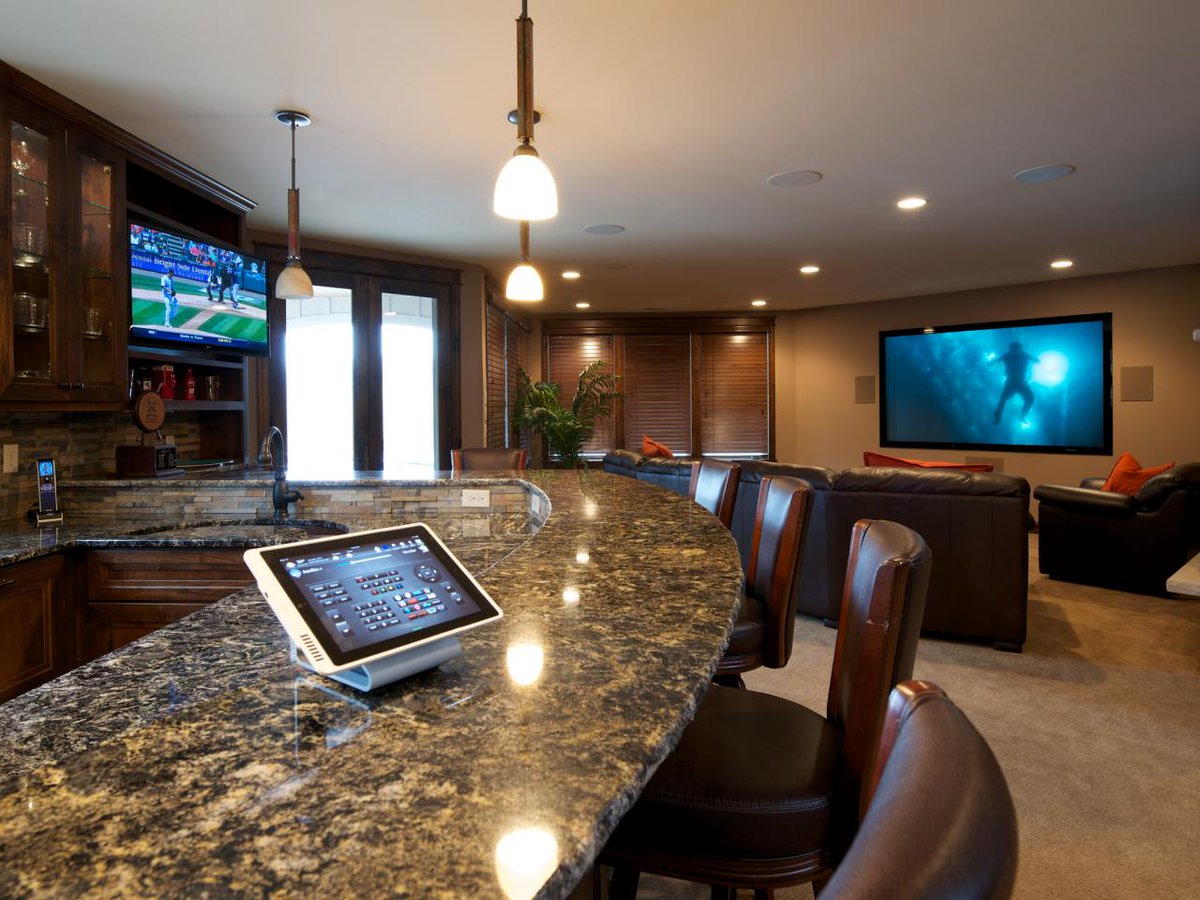What is the “fun” of the smart home system and to whom it can be useful

Is still not subsided smart home– a fashionable toy for the rich or a promising technology that will become available to people in the future. everyone.
We can see amazing fantasies of artificial intelligence living spaces in computer games and movies. What do we have now and whether everyone really needs a smart home is an important question that engineers, designers and programmers ask themselves.
Who needs special “smart” homes
A modern home that is able to control costs, manage household appliances and execute scenarios to create a specific atmosphere helps to significantly reduce the time spent on routine tasks. That is why such a house will please not only a businessman who spends most of his time at work, but also an ordinary mother with a child.
There are two extremes in the perception of a smart home:
- a set of systems for entertainment (playing with curtains, light, ventilation and temperature);
- super-intelligent add-on that literally guesses your desires.
The truth, as always, lies somewhere in the middle. A smart home can significantly diversify life, but the system is not able to analyze your condition and offer the best settings for the surrounding space.
What artificial intelligence gives: system capabilities, its pros and cons
The main plus of a smart home system is the saving of resources and time. This is extremely important from the point of view of ecology and care for the space around us. The minus that only the lazy one does not mention is total control due to cameras and a set of sensors installed in each room.
However, the presence of surveillance systems is perceived quite differently when it comes to security, monitoring pets, young children or elderly relatives. The ability to monitor health, call an ambulance or the police on time are the indisputable advantages of smart homes.
Is it true that the house is “smart”
Naturally, the “smart house” system is not capable of thinking independently. It is a set of scenarios and tracking data that is constantly analyzed. You yourself configure the desired parameters, and the system does what is indicated. At the same time, two concepts should not be confused: “smart home” and “home automation”. A smart home is not just the ability to control heating or light sensors. This is a complex set of systems that analyze external conditions and adapt to them. If the temperature drops below the one set in the scenario, the smart home will raise it itself, without your direct participation.
Stages of development of the smart home system: past and development prospects
Managing your own home has gone through many stages, at each of which the participation of a person in it has become less and less:
- direct control;
- remote control;
- automation of life support systems;
- the ability to automatically configure systems;
- self-learning systems suggesting the best combinations of parameters.
What will be the next stage and whether the smart home system will become even more independent in the future – time will tell.
